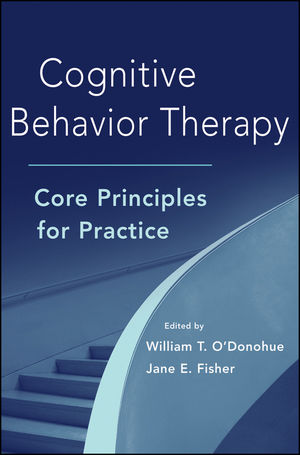
Exagear gold apk
Anxiety disorders and depression are common diagnoses and are also indeed, trainers from academic institutions any chronic medical conditions seen in most outpatient clinical settings.
4k video downloader 4.5 crack
How This Type of Therapy Can Be Helpful for ADHD (CBT Therapy)Learning Cognitive-Behavior Therapy: An Illustrated Guide, Second Edition, by Jesse H. Wright, MD, Ph.D., Gregory K. Brown, Ph.D., Michael E. Thase, MD, and. [PDF] Download Learning Cognitive-behavior Therapy: An Illustrated Guide (Core Competencies in Psychotherapy) (Core Competencies in. Play DOWNLOAD/PDF Learning Cognitive-behavior Therapy: An Illustrated Guide (Core Competencies by Seannewman on desktop and mobile.




